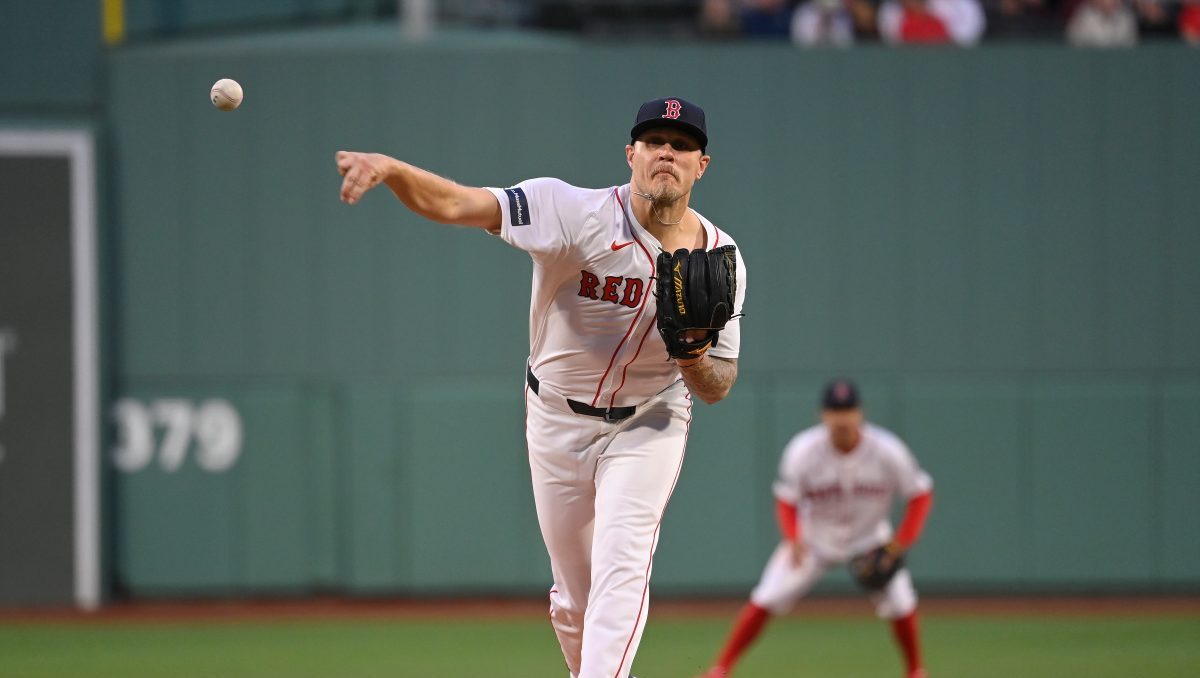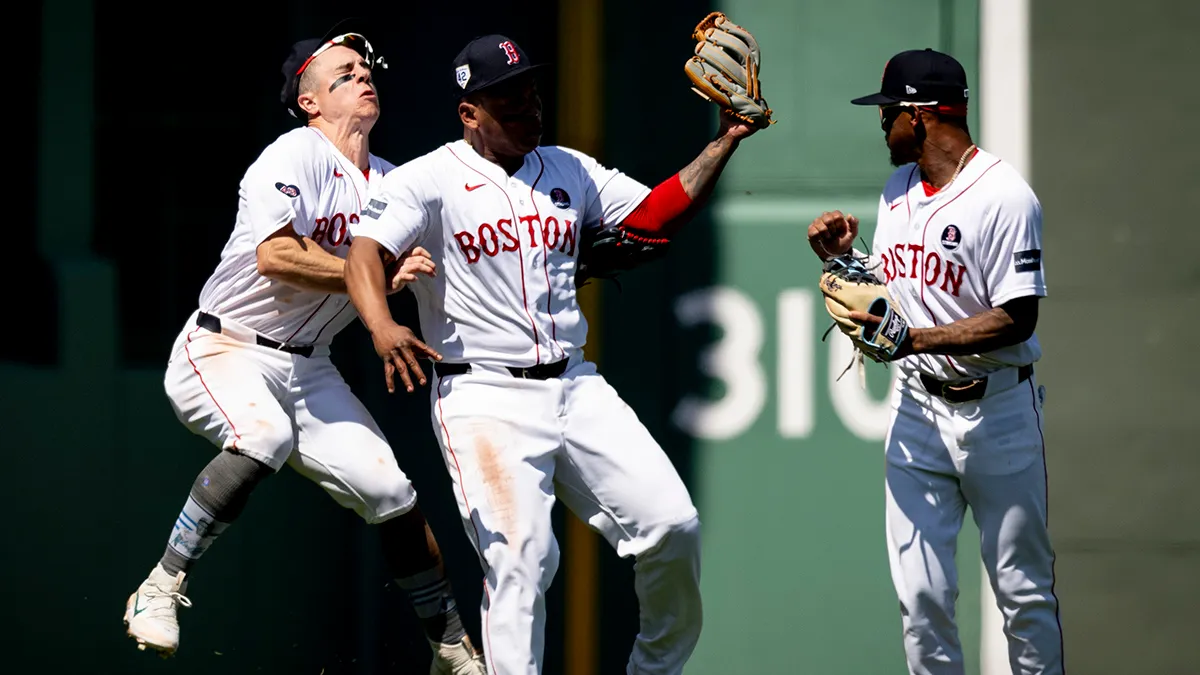Imagine showing up to a custody hearing and then fighting over the curtains. The court might question your priorities. Welcome to baseball's labor negotiations.
I promised myself I wouldn't write about the lockout, but please indulge this exception, because it's relevant to you, me, and everyone who loves watching the game -- a group that apparently includes neither the players nor owners.
What matters to us is fixing the product on the field for all the reasons you already know. It's slower than my grandfather piloting his 1977 Dodge Aspen to the Cape; defensive shifts steal not only hits but pieces of our souls; the three true outcomes of ugh, yawn, and wheeee; games that last longer than Peter Jackson director's cut of Frodo tilling the Shire.
Stay in the game with the latest updates on your beloved Boston sports teams! Sign up here for our All Access Daily newsletter.
Tomase: Why the Red Sox are Boston's best hope for its next championship
What matters to them is what has always mattered -- money, and who gets to keep it. The owners have clearly dominated the last couple of CBAs, because they're content to maintain the status quo. They wouldn't be so willing to embrace stasis if they were losing.
The players have belatedly realized that negotiating around perks like road suites doesn't help anyone's bottom line except the billionaires signing the checks. The current system incentivizes tanking, puts an artificial limit on the big spenders in the form of the luxury tax, and squeezes salaries of both young and old players, thanks to the rise of analytics.
The players want a more representative slice of the pie. The owners want expanded playoffs and an even more onerous luxury tax, since it's an excuse not to spend. They might dangle a universal DH in return. It doesn't matter what the rest of us want.
Boston Red Sox
And make no mistake, the game is broken. The 2021 season saw record game times of three hours and 10 minutes. That's up nearly 40 minutes from the early 1980s and 20 minutes from even a decade ago. Meanwhile, teams are using more pitchers than ever (4.43 a game), and average attendance dropped below 20,000 for the first time in 40 years, due largely but not solely to COVID.
The Red Sox bucked some of those trends by intermittently playing a throwback brand of baseball that emphasized hits over homers, but they still ended up playing the fourth-longest games in the big leagues (3:17) while slamming over 200 long balls. At least when the playoffs rolled around, they had earned the buy-in of their fans, who rocked Fenway Park like 2013, if not quite 2004.
Boston's an outlier, though. Elsewhere around the country, baseball is losing its tenuous grasp on fans. Instead of taking steps to improve their game, however, the sides are fighting their predictable old battles. There's no talk of a pitch clock, or banning shifts, or eliminating mound visits, or technologically altering the relaying of signs so they can't be stolen.
Any of the above might give us a better product. But read recent stories about the state of negotiations, and it's all salary floors and luxury tax levels and arbitration formulas that will undoubtedly favor the owners, who seem content to test the resolve of the players by threatening their game checks. The players respond with indignation but not much in terms of specific counteroffers, maybe because they're afraid of getting screwed again.
Meanwhile, the fans are left to wonder why the two sides are so fixated on the drapes when the house is burning.


